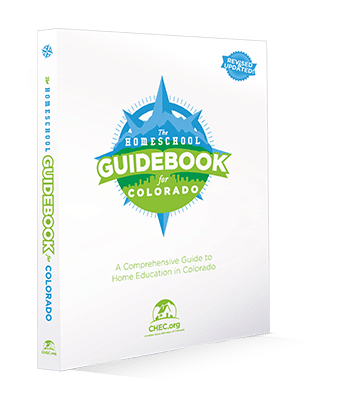By Shari McMinn
It’s firecracker-hot July, a season some have termed “the dog days of summer.” Not only are dogs hot, tired, and panting, but parents and kids are probably also in a similar state!
As a farm family for many years, July meant final preparations on 4-H projects before the county fair in early August. Each morning after breakfast, my children had to groom their goats, lambs, pigs, and steers, ending with a cool water hosing. This was often a fruitless attempt to keep the show animals from sweating off the prime body weight that we had worked so hard for months to put on them with measured rations. During the afternoons inside our unairconditioned farmhouse my kids, with my supervision (read: nagging), put the finishing touches in their 4-H record books. These included the final page titled, “My Story”, which told about their project, the struggles, and what they learned.
Those real-world story requirements were one of the primary ways my students were willing to write. Eventually after many years, their writing improved, they actually completed the records on their own, and I took on a more limited role by offering only a few suggestions and final edits.
Why is it important for our children to learn to write when they struggle with it so much? In addition to making them better communicators, it is important for future work and everyday life. Interestingly, some of my students became writers, and they are very good writers! More than anything, struggling with and then overcoming writing challenges taught them diligence and perseverance, part of fruitful growth in our Christian faith.
But also for this very reason, giving all diligence, add to your faith virtue, to virtue knowledge, to knowledge self-control, to self-control perseverance, to perseverance godliness, to godliness brotherly kindness, and to brotherly kindness love. For if these things are yours and abound, you will be neither barren nor unfruitful in the knowledge of our Lord Jesus Christ. For he who lacks these things is shortsighted, even to blindness, and has forgotten that he was cleansed from his old sins (2 Peter 1:5-9 NKJV).
Why do some kids hate to write? Here are the primary reasons I have observed through the years:
- They are easily distracted, so writing takes too long, therefore they give up (and we do, too!).
- They hate to sit still, think about what to write, and physically hold the instrument.
- They need our direction more than we are able or willing to give.
- They see it as pointless, boring, drudgery.
- They would rather be playing, hence have a negative, disobedient attitude.
- They are “pencil resistant,” have “writer’s block,” “blocked learning gates,” or struggle with dyslexia or dysgraphia.
Those first five reasons are a bit easier to understand and resolve, but what about the issues listed in item 6? I recommend studying the following resources, which also have concrete suggestions on how to help students who struggle with their writing due to those labels:
- CHEC’s Homeschool Guidebook for Colorado; Chapter 8, “Different Learners”, has a student evaluation section for parents that includes “pencil resistance” and “writer’s block” information, along with teaching strategies.
- Identifying and Correcting Blocked Learning Gates by Dianne Craft
- The Dyslexia, Dysgraphia, Dyscalculia Dilemma, from SPED Homeschool
You might want to also Investigate this reading/spelling/writing curriculum for students with various writing challenges, Christian Cottage Schools Learning Rivers, Teri Spray.
Got more questions?
- Go to this CHEC webpage for ”dog days” fun: Ideas for kids, tweens, teens to do at home.
- Find more resources you might need at CHEC’s webpage for Unique Learners.
- Remember, you can email me anytime with your questions or share your burdens at Shari@CHEC.org. I will try to respond within 24-48 hours.
- You can also contact the CHEC office with your homeschooling questions by either email: office@chec.org; or call: 720-842-4852, M–F 10am–5pm.
Thanks for reading this blog; I hope you found some helpful ideas. Next month I will write on the often complex isolation, socialization, and antisocial behaviors of our homeschooled unique learners.
PS: If you have a topic you want me to cover, please email me with your suggestion(s).
Shari McMinn, your trusted homeschooling friend






0 Comments